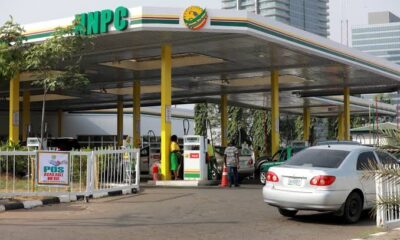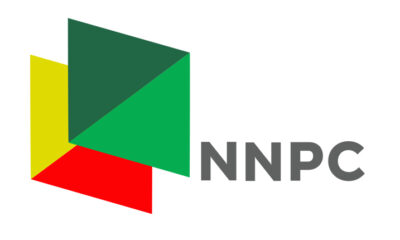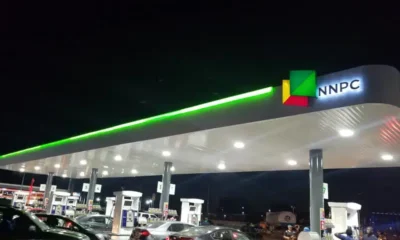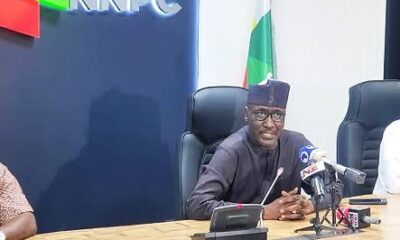The Nation
Cost of landing petrol drops 20.34% in three months, as retail prices continues to soar
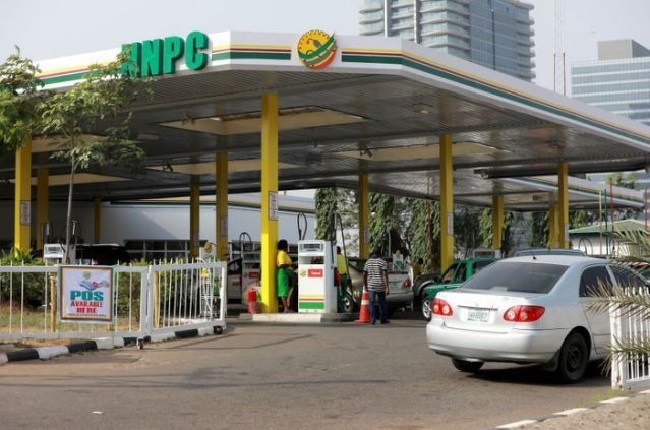
The estimated cost of landing Premium Motor Spirit (PMS), or petrol, on Nigerian shores has dropped significantly, decreasing by 20.34% to N971.57 per litre over the past three months.
This decline, which covers the costs of importing and distributing the product, suggests some relief from global market fluctuations and supply chain pressures.
However, despite this reduction, the retail price of petrol in Nigeria has seen a sharp increase. From N617 per litre on August 1, 2024, petrol prices have surged by N443, or 71.79%, reaching N1,060 per litre by November 8, 2024.
According to data from the Major Energy Marketers Association’s daily energy bulletin, oil marketers imported petrol at N1,219 per litre in August when Brent crude oil was priced at $80.72 per barrel, and the exchange rate stood at N1,611 per dollar. At that time, petrol retailed for N617 per litre. By November, the landing cost had decreased to N971.57 per litre, with Brent crude priced at $75.57 per barrel and an exchange rate of N1,665.84 per dollar. Nevertheless, the product’s retail price has soared, with the Nigerian National Petroleum Company Limited selling it at N1,060 per litre and independent marketers at N1,180.
The bulletin also revealed that the landing cost was N945.63 in September and further declined to N903.64 per litre in October. Despite these falling costs, retail prices have continued to climb, a situation attributed to the deregulation of the fuel market, exchange rate fluctuations, rising inflation, and broader economic challenges.
Experts suggest that the reduction in landing costs should ideally result in lower retail prices. However, the Nigeria Labour Congress (NLC) has raised concerns about inflated fuel prices, accusing marketers of exploiting citizens. In a communiqué released after its National Executive Council meeting, the NLC claimed that Nigerians are being overcharged and are suffering greatly due to economic policies that have led to widespread destitution.
The NLC’s statement emphasizes the ongoing struggle for affordable fuel and the need for accountability from both marketers and the government in alleviating economic hardships for the Nigerian people.


